Schools are operating normally, but behind the scenes are worries from parents and teachers about changing education policies under President Donald Trump's second term.
One of the biggest problems of the new school year is the lack of budgets. The Trump administration has suspended funding for public high schools and cut university research budgets.
In addition to political factors, American education is also affected by economic and social fluctuations: inflation, concerns about tariffs, the rise of artificial intelligence in the classroom or the movement to ban mobile phones. Experts say that the keyword of this school year is "uncertainty".
One of the most notable moves was the Trump administration’s pressure on schools to withdraw from its diversity, equity, and inclusion (DEI) initiatives. The executive order called DEI “dangerous and immoral.” To enforce it, the government withheld federal funding from schools deemed to be violating civil rights laws. Under pressure, many schools have disbanded or renamed their programs.
At the university level, the impact is even more severe because of the heavy dependence on federal funding. Columbia University agreed to a $220 million settlement to end an anti-discrimination investigation. Harvard had $2 billion in funding frozen, leading to litigation. The University of California, Los Angeles, is also at risk of losing nearly $600 million. Research funds, especially in the areas of gender and race, have become a major target.
For K-12, that is, public schools, nearly $7 billion in funding approved by Congress was frozen just before it was due to be disbursed. Although the money was later released, the delay forced many schools to cut back on their spending plans.
Professor Kris DeFilippis, working at New York University, said that the new decrees and policies still lack clarity, making it difficult to allocate finances. For public schools in general, changing policies will directly affect the ability to maintain operations, recruit and pay teachers or improve the quality of training.
In addition, immigration policies are being tightened. Many immigrant families are worried about being monitored, so they limit their children’s schooling, which puts many children at risk of illiteracy and creates distance in the community. In higher education, the number of international students is decreasing, threatening revenue and academic diversity.
The 2025-2026 school year will also be the first year of widespread phone bans. At least 31 states have already implemented bans amid rapid technological developments, including artificial intelligence. While students won’t be allowed to use phones, schools must find ways to help them get used to using AI ethically and humanely.
Faced with these changes, Professor Kris noted: “Schools do not operate in isolation but are always under the control of school districts, state governments and the government. Therefore, any change has a huge impact on schools and the biggest impact is on students and teachers.”
Source: https://giaoducthoidai.vn/my-nam-hoc-moi-ngon-ngang-thach-thuc-post745966.html




![[Photo] Dan Mountain Ginseng, a precious gift from nature to Kinh Bac land](/_next/image?url=https%3A%2F%2Fvphoto.vietnam.vn%2Fthumb%2F1200x675%2Fvietnam%2Fresource%2FIMAGE%2F2025%2F11%2F30%2F1764493588163_ndo_br_anh-longform-jpg.webp&w=3840&q=75)



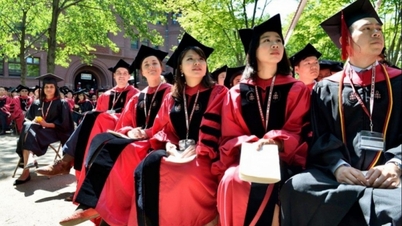

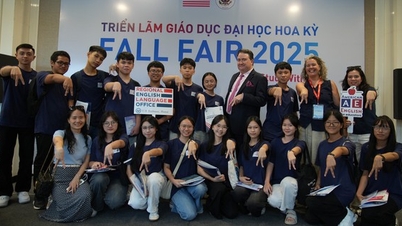

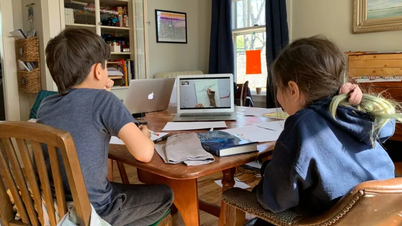
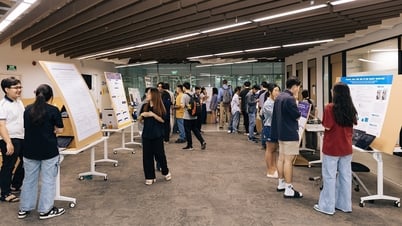

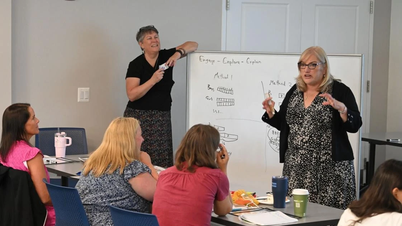
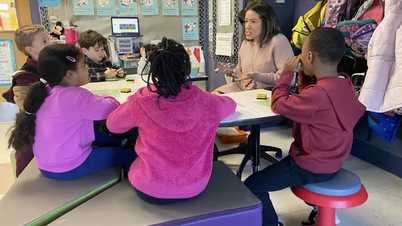
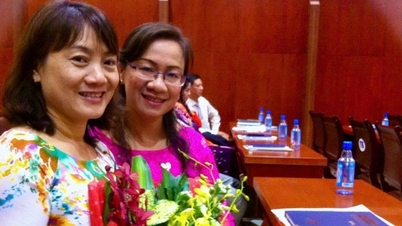
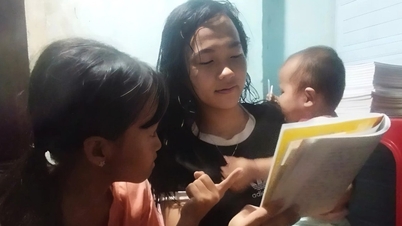


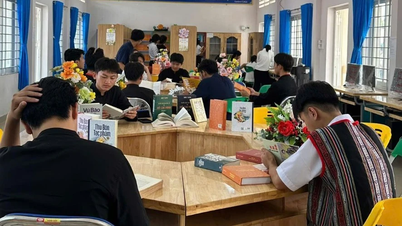
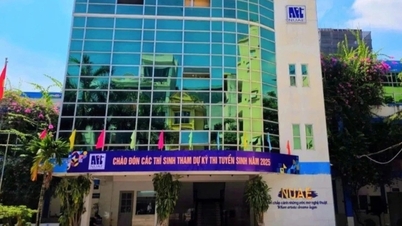






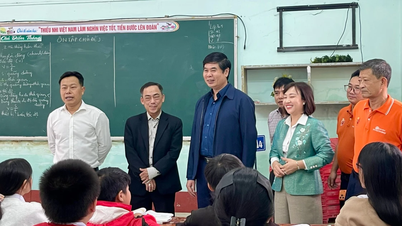
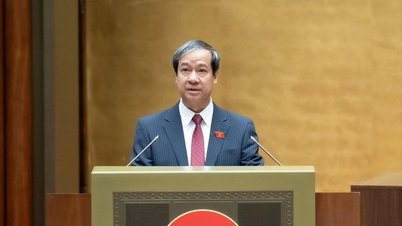
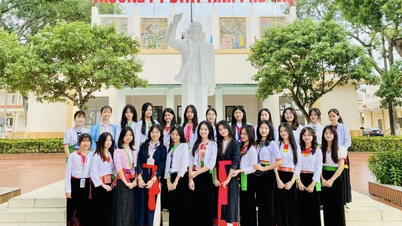
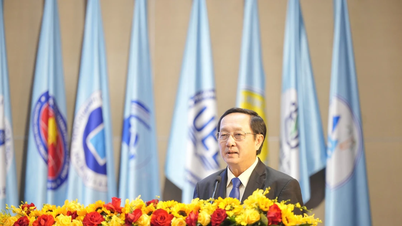








































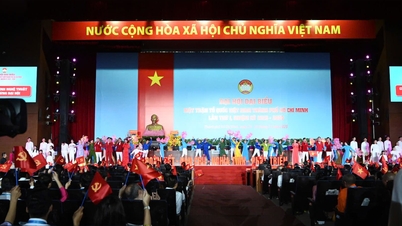




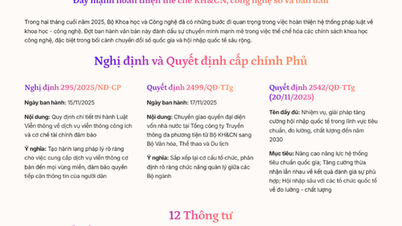

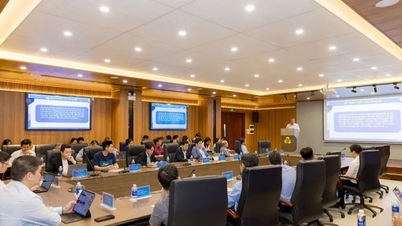
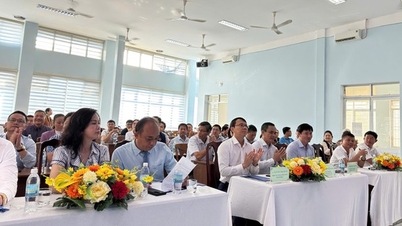
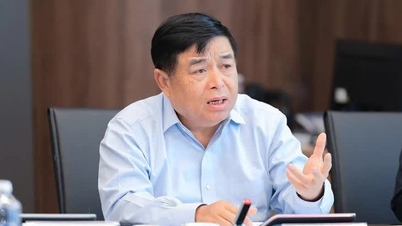

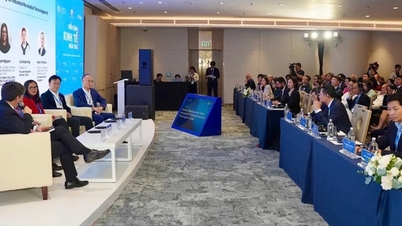







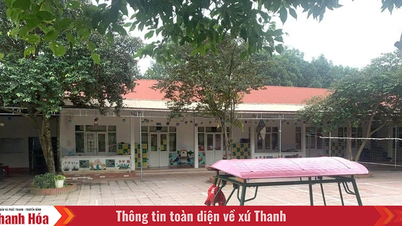














Comment (0)